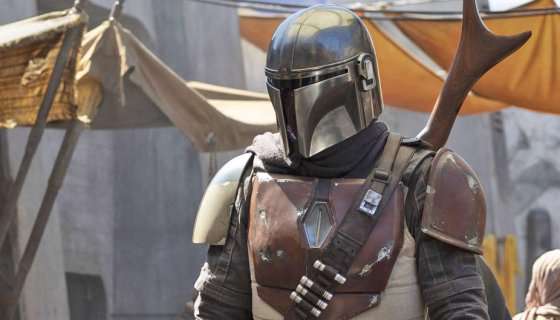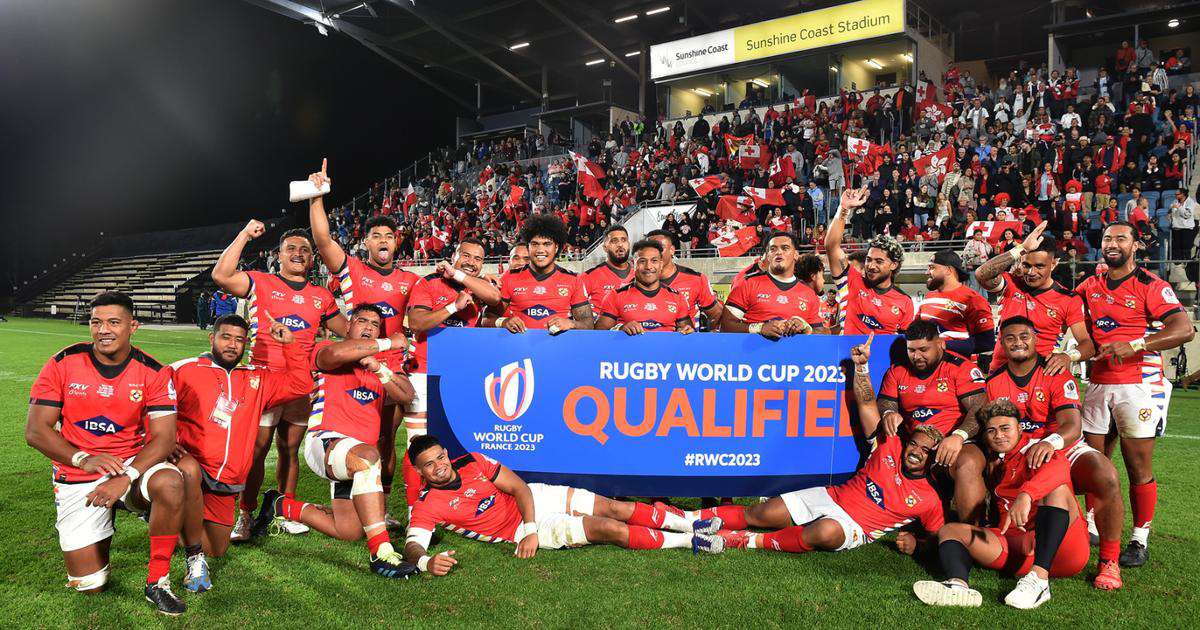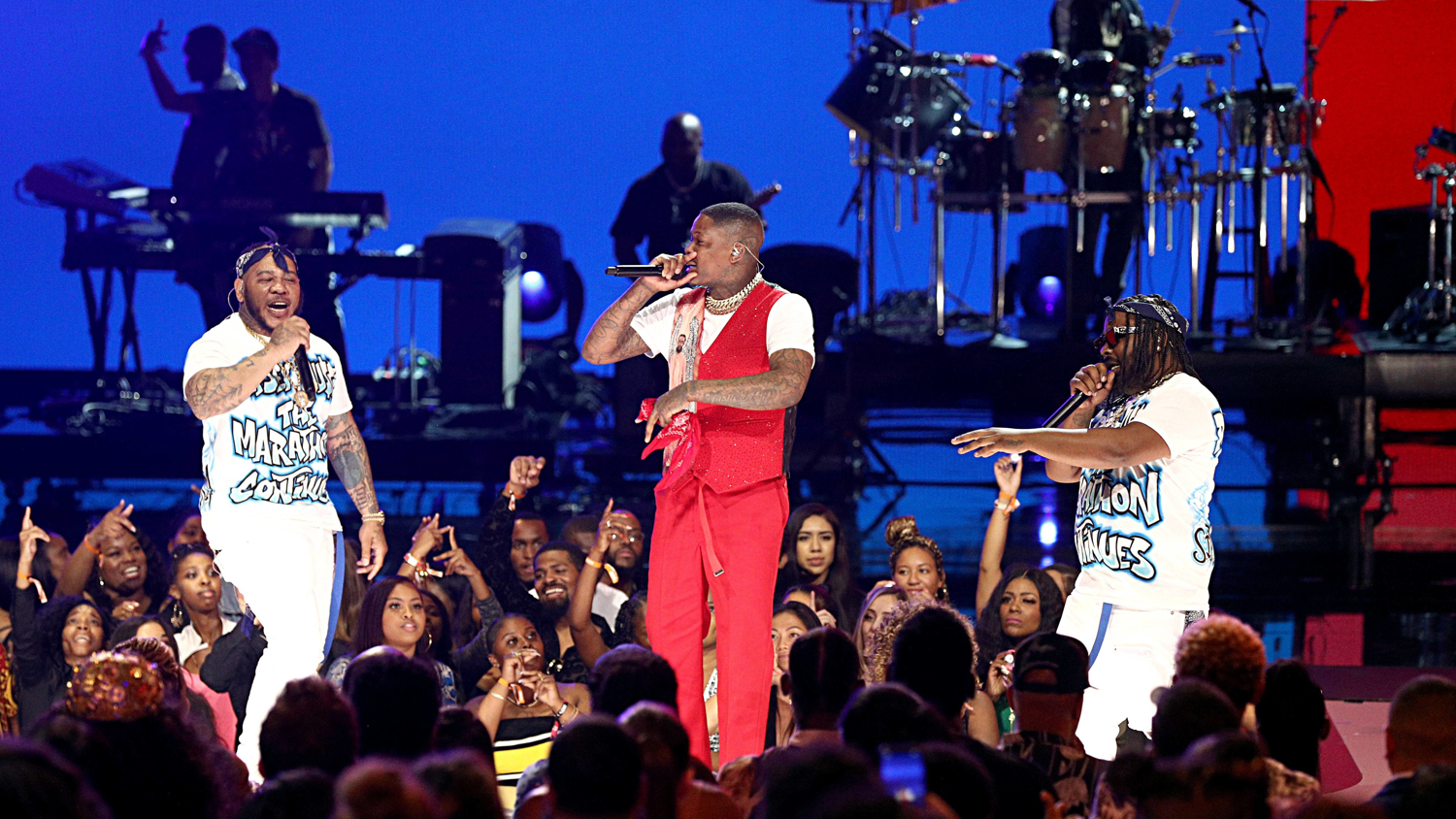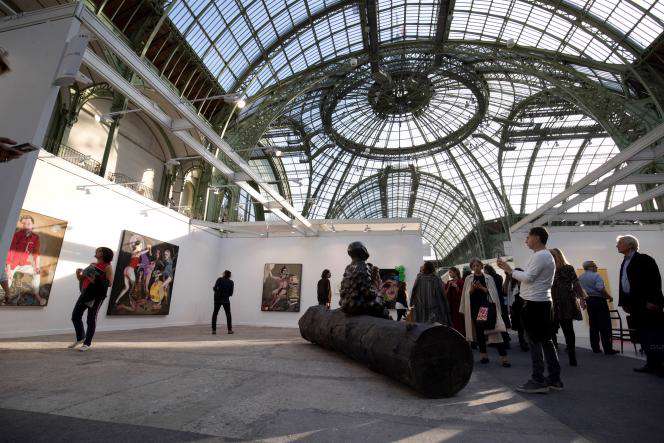Queen Latifah thanks rap peers, family, shouts out Pride Month while accepting Lifetime Achievement Award
LEARN MORE

'The Mandalorian' To Return To Disney + This October
LEARN MORE

Brandi Maxiell Says Husband Wanted to 'Slap' Iyanla Vanzant While Filming 'Fix My Life'
LEARN MORE

Queen Latifah thanks rap peers, family, shouts out Pride Month while accepting Lifetime Achievement Award
LEARN MORE

Rugby: les Tonga qualifiés pour la Coupe du monde 2023 en France
LEARN MORE

Toni Braxton Breaks Her Silence On Tamar’s Hospitalization
LEARN MORE

New Year, Same SNKRS App: The Nike Dunk High x Notre Came & Quickly Went
LEARN MORE

Meet Lifestyle Connoisseur Erica Dias | BlackPressUSA
LEARN MORE

Kenya: Showmax Slashes Mobile Subscription in Kenya By 20%
LEARN MORE

Black Americans and women continue to face discrimination in skilled trades - African American News Today - EIN Presswire
LEARN MORE

“Baby Girl: Better Known As Aaliyah” Biography Detailing Life & Career Of The Late Aaliyah To Be Released Next Year
LEARN MORE

The Betsy’s Overture to Overtown Festival Celebrates its 9th Year (Virtually) - African American News Today - EIN News
LEARN MORE

La FIAC et Paris photo fusionnent leurs directions - Haiti24
LEARN MORE

How Pop Became Political for Artists Across the Americas news -The Black Chronicle Americas, Artists, Black Americans, black news, blackchronicle, News, Oklahoma, oklahomanews, Political, Pop
LEARN MORE

Queen Latifah thanks rap peers, family, shouts out Pride Month while accepting Lifetime Achievement Award
LEARN MORE
